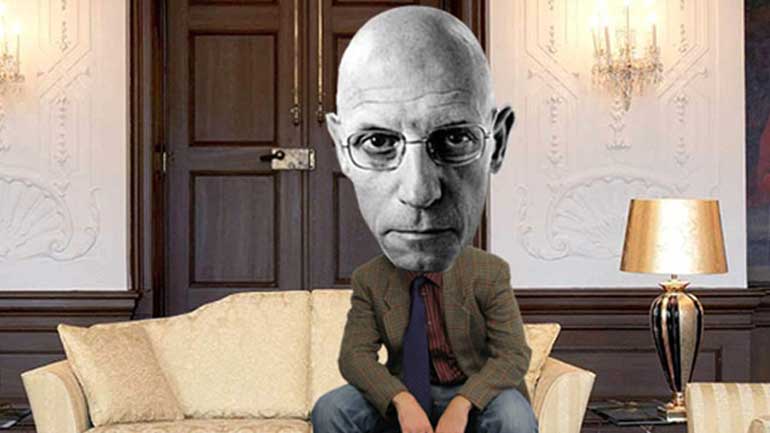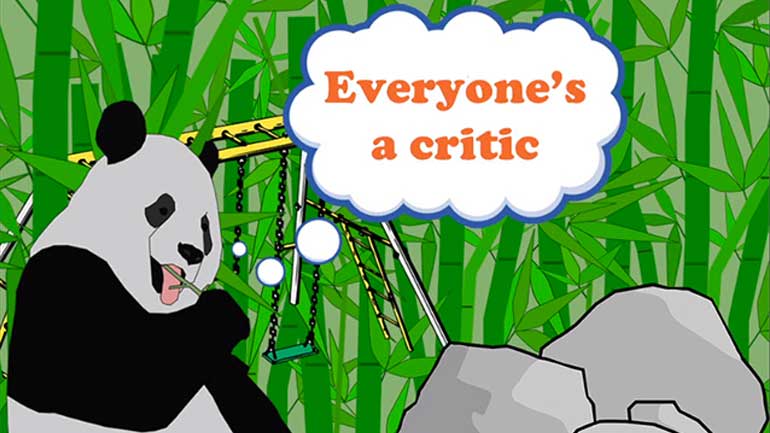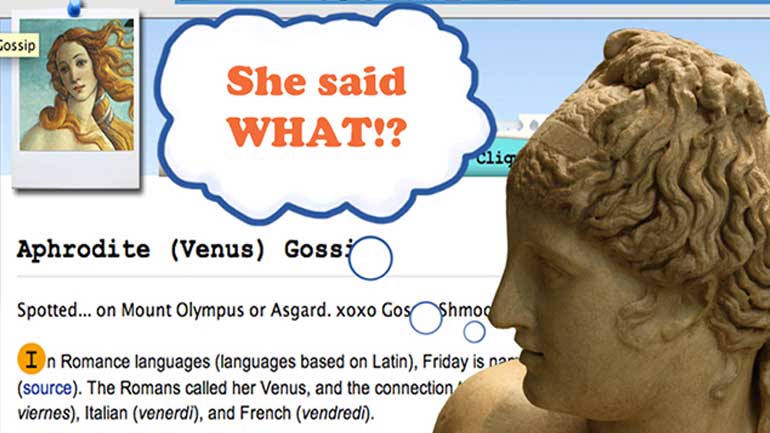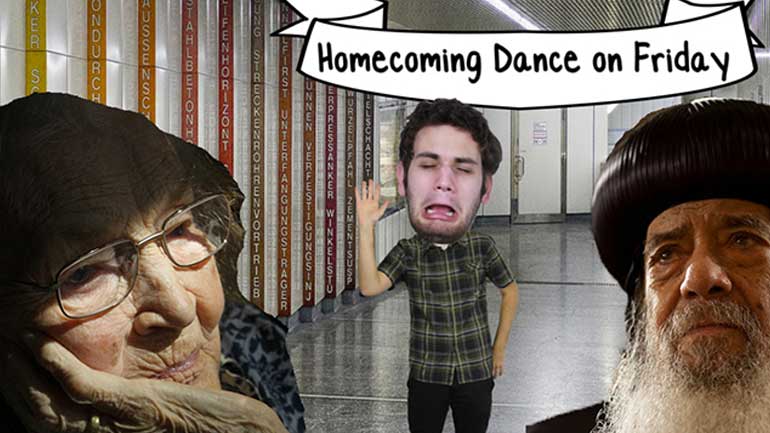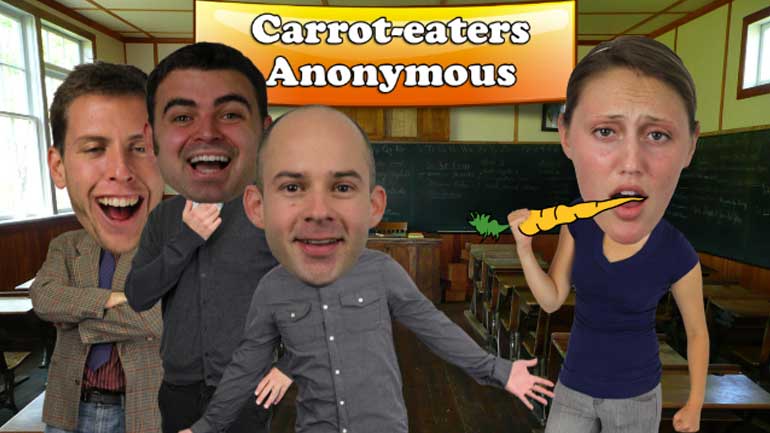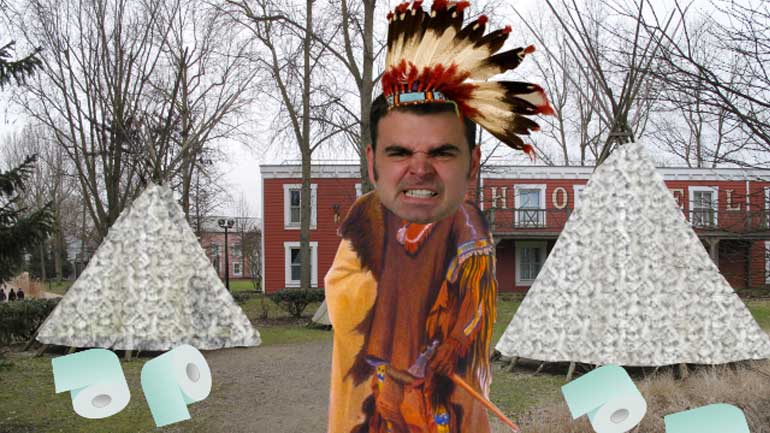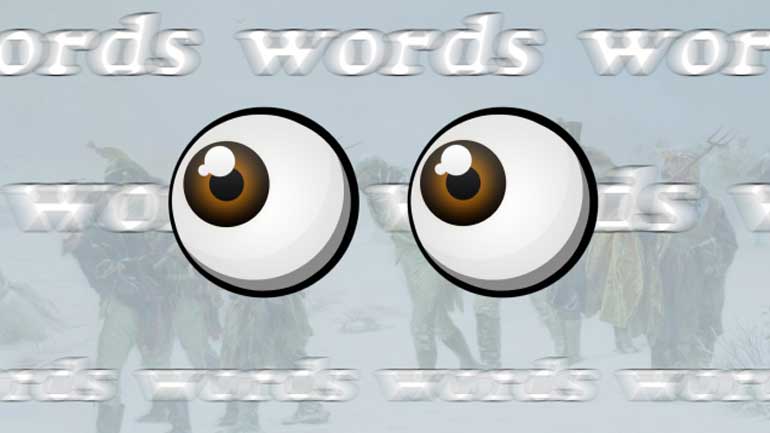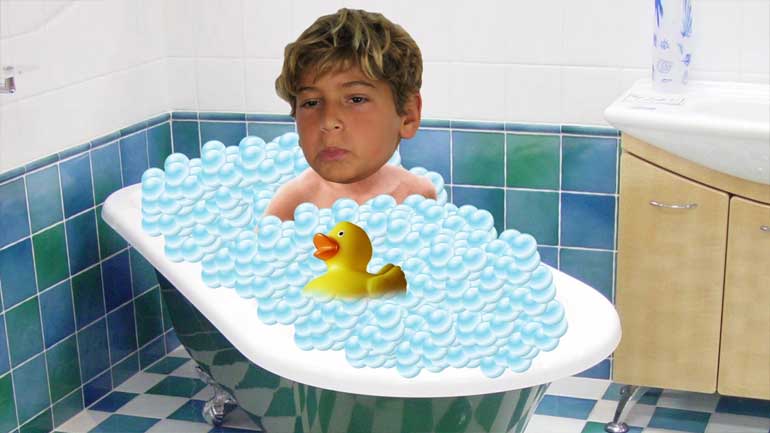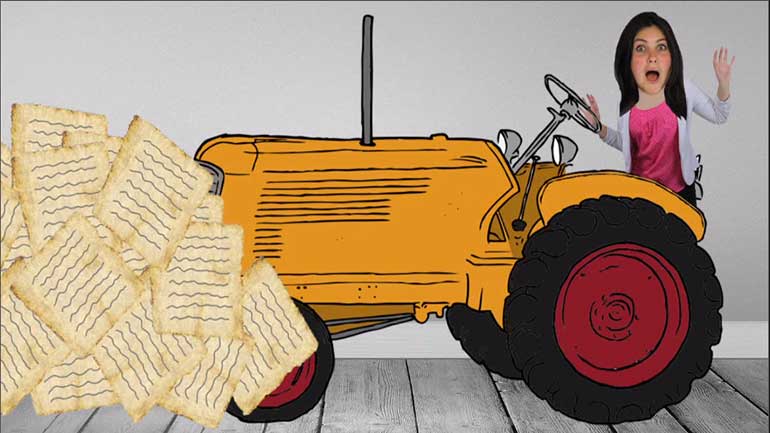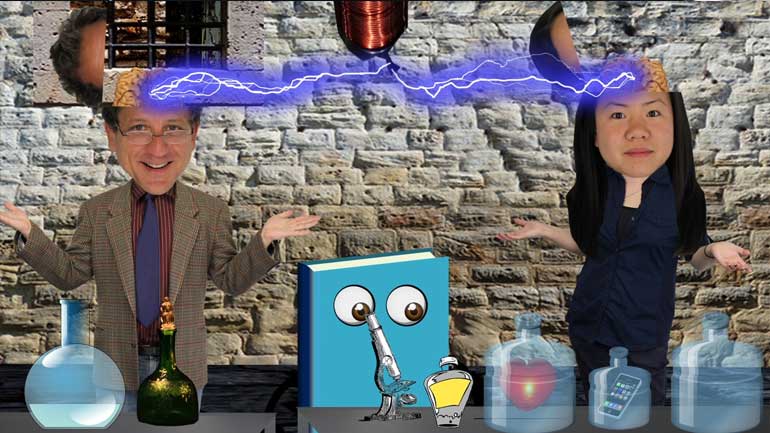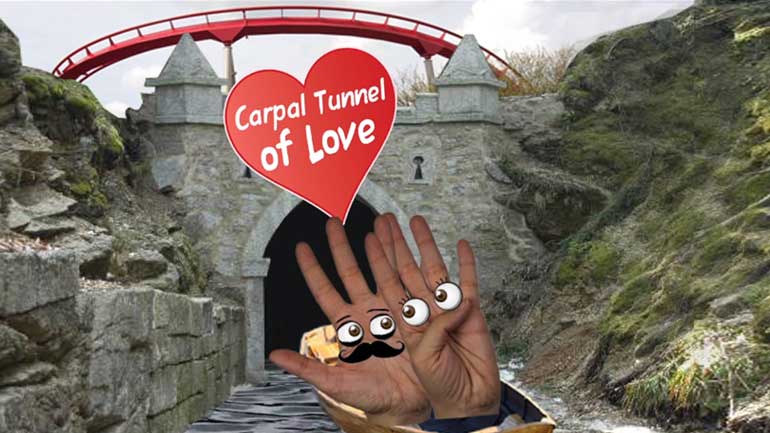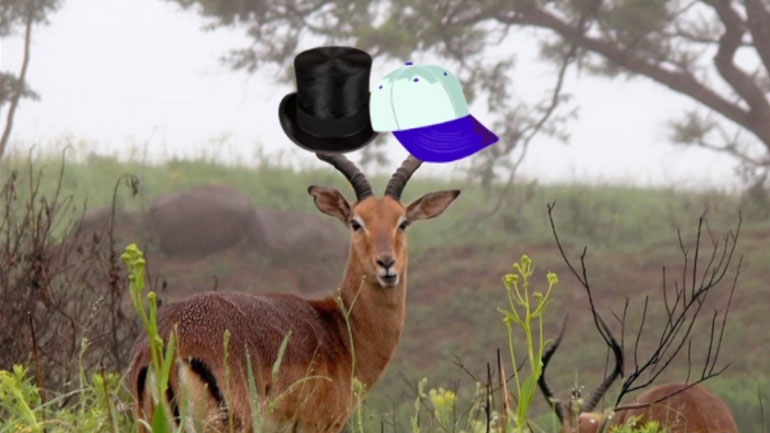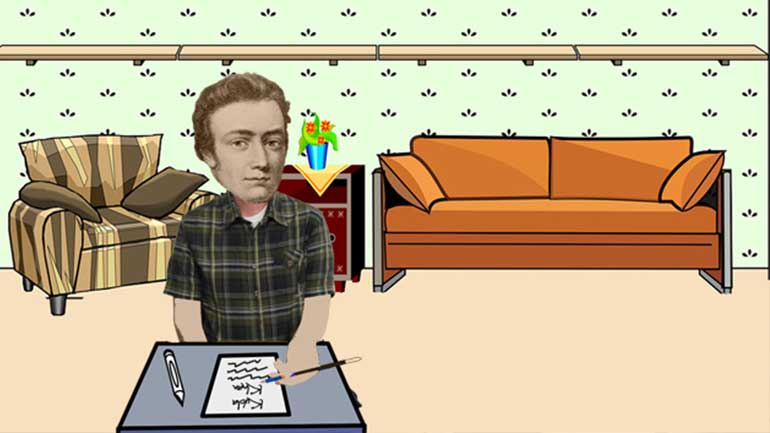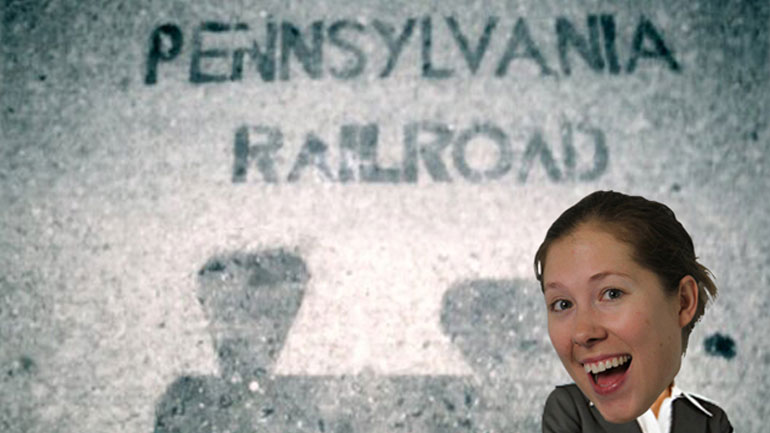ShmoopTube
Where Monty Python meets your 10th grade teacher.
Search Thousands of Shmoop Videos
Literary Topics Videos 221 videos
Dr. Seuss was a failure to start, but he soon learned to follow his heart. He wrote books about things that he knew, and soon enough, his book sale...
Sure, Edgar Allan Poe was dark and moody and filled with teenage angst, but what else does he have in common with the Twilight series?
Emily Dickinson was a New England poet/hermit with a fascination with death and immortality. She wrote over 1000 poems in her lifetime, most of the...
What's a Memoir? 6132 Views
Share It!
Description:
Memoir. n. A book in which you write down all your thoughts and memories so that millions of randos can get to know far more about you and your family than your family is probably comfortable with.
Transcript
- 00:00
What’s a Memoir? a la Shmoop. How would the story of your life read?
- 00:13
Would anyone other than your mother want to read it?
- 00:16
And if your mother did read it… well, we’re sorry you went so soon.
- 00:21
A memoir is a book of memories. But, what makes it different from a diary?
- 00:26
Why does it get its very own word? Mostly because it’s exhausting to pen one.
Full Transcript
- 00:32
Memoirs are works of literary nonfiction.
- 00:35
They have to be about the writer’s real experiences but sound and feel like literature.
- 00:41
In a memoir, the writer gets to be the main character. Talk about your ego trip.
- 00:45
Yep, the memoirist has free reign to dwell on his or her thoughts, feelings, and reflections.
- 00:51
It’s the writer’s party, and he’ll cry if he wants to.
- 00:58
And then he’ll describe his crying in vivid detail.
- 01:02
Memoirs are subjective, so memoir writers even get to play fast-and-loose with minor
- 01:08
facts.
- 01:09
In a memoir, the writer’s version of the truth always wins.
- 01:14
So… memoirists are usually better-looking on the page than in real life.
- 01:21
The writer has to choose a theme or purpose and decide which memories to include and which
- 01:28
details to invent…
- 01:30
…and the pacing needs to be just right so readers can relive the moments with the characters.
- 01:37
Memoirists have to stir enough background information into the story for readers to
- 01:41
understand the context and the events…
- 01:43
… but they also have to leave out a lot of information…
- 01:47
… which means resisting the urge to describe every Thanksgiving dinner Grandma ever made—no
- 01:52
matter how awesome the stuffing was. Readers should be able to imagine the setting…
- 01:59
…the action…
- 01:59
…and the relationships between characters. Oh, and by the way, when characters talk to
- 02:05
each other in memoirs, they don’t speak formally…
- 02:07
…the dialogue is written the way real people would actually talk.
- 02:12
So put down the red pen and stop worrying so much about all the improper grammar.
- 02:19
Once all is said and done, the memoirist gets to decide how to leave the readers...
- 02:23
…which could even mean abandoning them to show that life isn’t fair.
- 02:26
Harsh, yeah. But, in a well-written memoir…
- 02:29
…readers should learn something about life, with a capital-L.
- 02:32
Not just about the writer’s brief stay on planet Earth.
- 02:35
So, what’s a memoir?
- 02:37
A memoir is blood, sweat, tears, and ink.
- 02:41
You provide the blood, sweat and tears. Ink sold separately.
Related Videos
Want even more deets on wordiness? Click here to review. Or take a look at our entire grammar section for all the goods.
Want even more deets on tenses? Click here to review. Or take a look at our entire grammar section for all the goods.
Want even more deets on semicolons? Click here to review. Or take a look at our entire grammar section for all the goods.
Asking questions can help spice up an essay. Just make sure you don't get too spicy and forget to answer those questions. You don't want to leave y...
This video defines parallel structure and analyzes what makes it powerful (spoiler alert: sticking to a consistent part of speech, like infinitives...






















